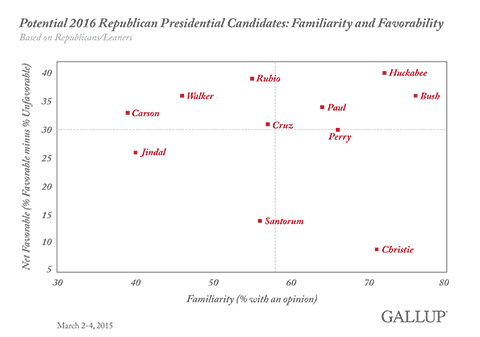At
The New York Times, Michael Barbaro notes that
Chris Christie came to national prominence by telling people off.
But the in-your-face instincts and boundary-breaking behavior that Mr. Christie brought to public life found a vindictive host in the fiercely loyal circle around him, as the federal indictment of a top appointee and a former deputy chief of staff in the George Washington Bridge lane-closing scandal laid bare on Friday.
The 37-page charging document recounts a ruthless act of political retribution: To punish a small-town mayor for refusing to endorse Mr. Christie’s 2013 re-election, the governor’s confidants unleashed a major traffic jam that gridlocked ordinary commuters, emergency responders and children on the first day of school.
Nowhere does the indictment say Mr. Christie, a Republican, knew of the scheme or was involved in it.
Yet it was a crime of political vengeance, the indictment makes clear, that was conceived in furtherance of Mr. Christie’s political ambitions, and carried out in his name.
Now, the growing risk for Mr. Christie is that the very belligerence that electrified voters, the press and the Republican Party, and catapulted him into a credible contender for the White House, may wind up putting the presidency out of his reach.
Brigid Harrison, a professor of political science at Montclair State University who has studied Mr. Christie closely for years, said the indictments of Bridget Anne Kelly and Bill Baroni, once two of the governor’s most loyal and trusted lieutenants, spelled the death knell for his national aspirations.
“Even if he is not directly connected to the indictments,” Professor Harrison said, “he is guilty of creating a political culture in which corruption was allowed to flourish.”
The vultures are circling.
Alex Isenstadt reports at Politico:
Jeb Bush is quietly waging a behind-the-scenes offensive to pick off disillusioned home-state supporters of Chris Christie, the New Jersey governor whose presidential prospects have dimmed in recent months.
Bush’s effort to undermine Christie’s network of donors, power-brokers, and political players is conducted mainly through emails and phone conversations — and he tracks the progress closely.
At a get-together with donors in Miami last weekend, Bush sat down for a private conversation with Lawrence Bathgate, a prominent New Jersey attorney and former Christie donor who is now behind the Florida Republican. During the talk, Bathgate, a former Republican National Committee finance chairman, outlined to Bush a plan to have a majority of the state’s 16 Republican state senators endorse him.
Bush responded with a question. How soon, he wanted to know, would the endorsements start to roll in? And could some of them be announced sooner rather than later?
The former Florida governor is said to court Christie boosters with frequent emails and makes himself accessible to them. “He’s a great emailer,” said Hersh Kozlov, a major Republican Party fundraiser in New Jersey and former Christie supporter who’s now with the former Florida governor.


